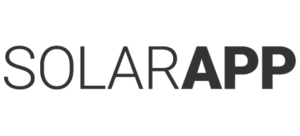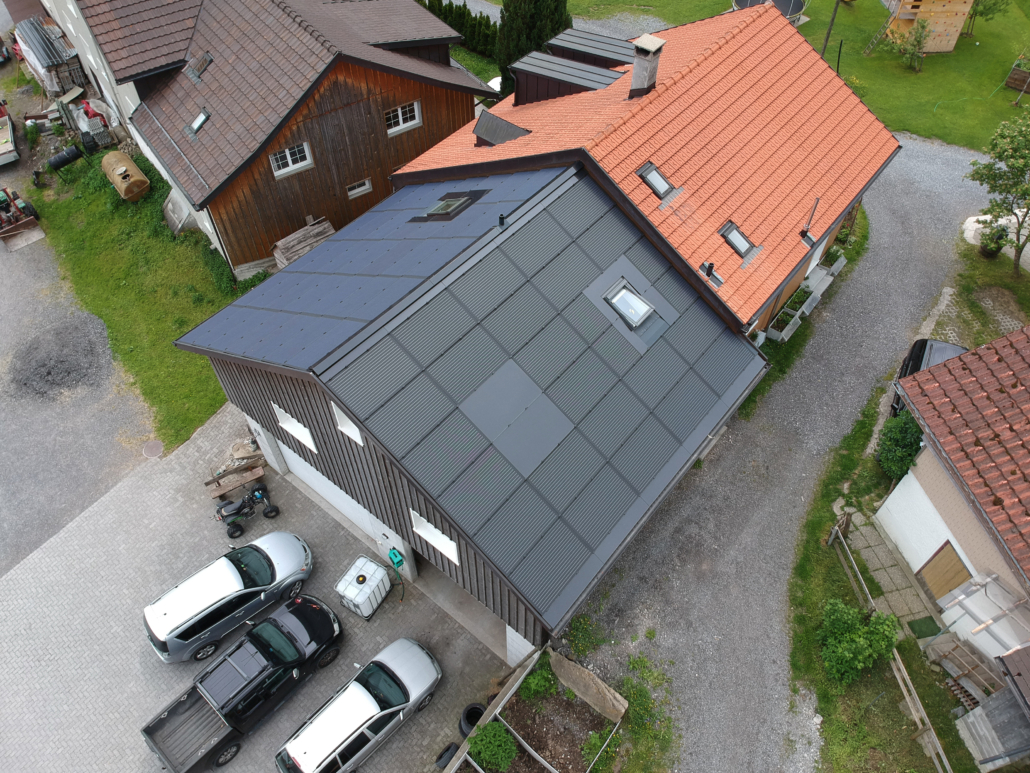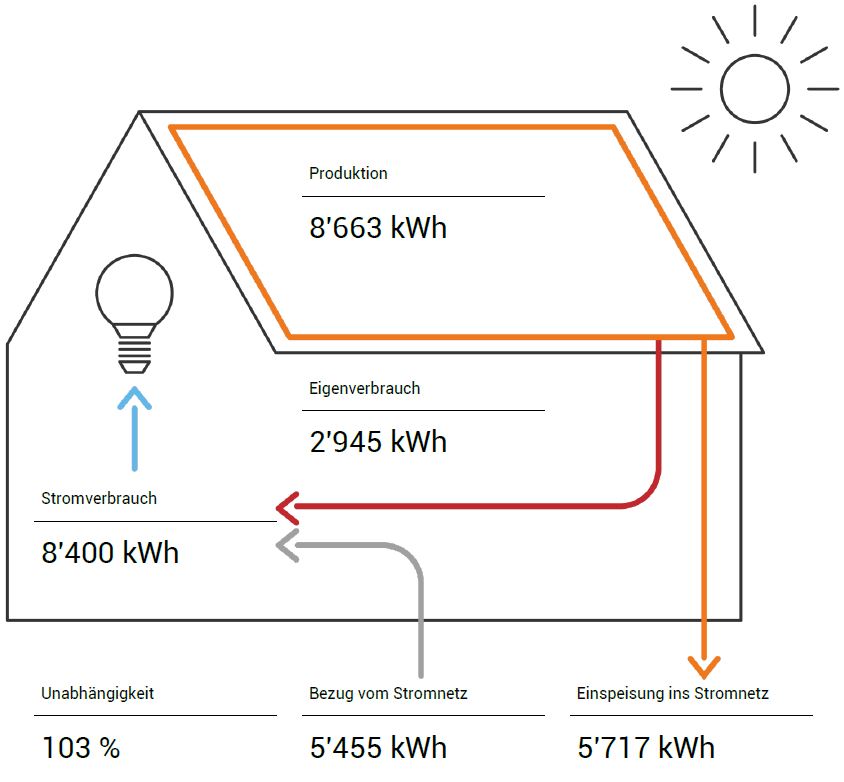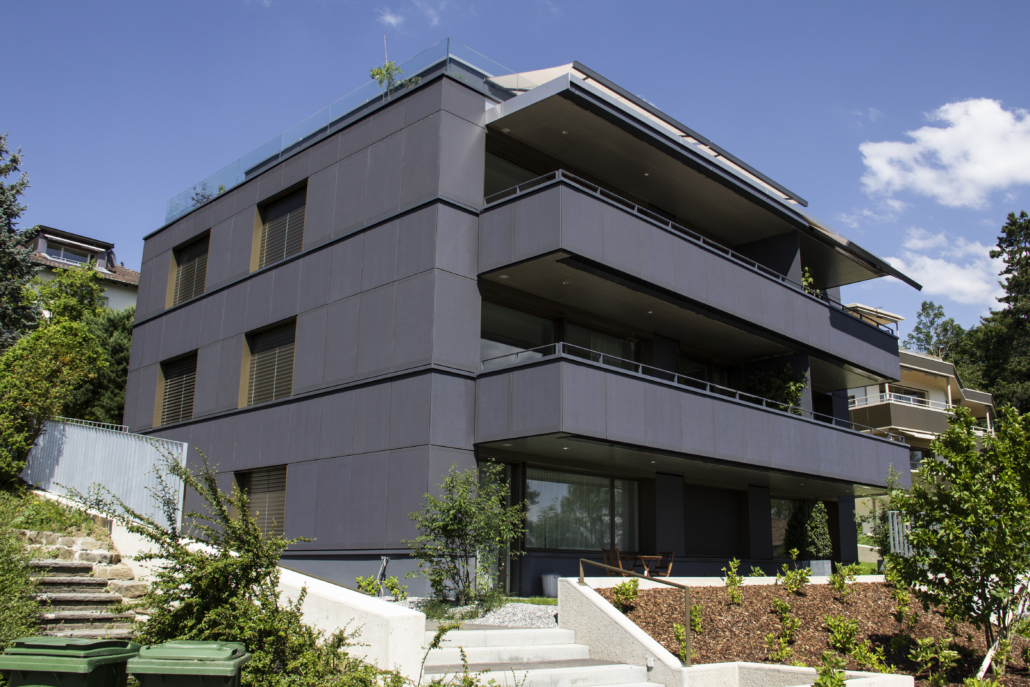Also of interest
Make informed decisions when buying a solar energy system
Get to know the 7 most important criteria.
19. June 2020/by adminBe independent
Everyone can strengthen their independence. Find out how it's done here.
14. May 2020/by DOSC (alt)The economic efficiency of solar energy systems
A solar energy system is cost-effective in almost every case. Here is what you need to know.
9. June 2020/by adminSustainability of solar installations
Solar installations can be recycled. Here are a few things to bear in mind.
9. June 2020/by admin




